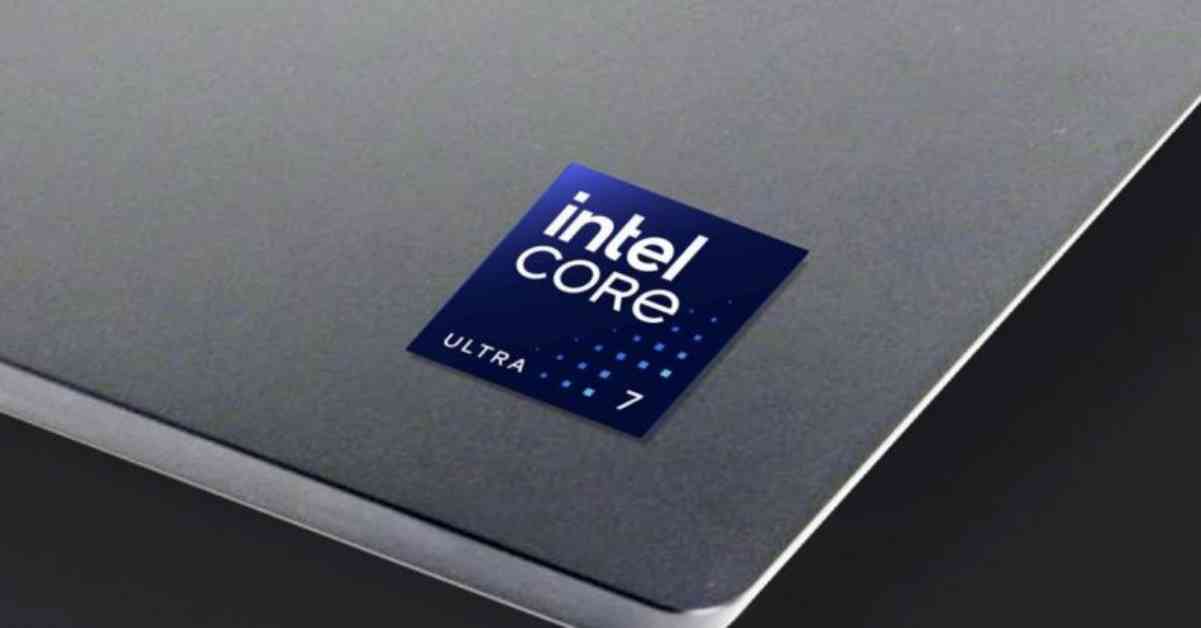Intel’s market share has been on a downward trend as AMD gains momentum in the laptop processor market. According to Stocklytics.com, Intel’s market share decreased by 20% while AMD’s market share grew, reaching nearly 22% of the global processor market by the third quarter of 2024. This marks a significant shift from the dominance Intel had from the third quarter of 2016 to the second quarter of 2019, where Intel held a 91% market share compared to AMD’s 8%.
During the first quarter of 2024, Intel held a 77.3% market share, while AMD had 20.4%. Since then, AMD has seen a growth of almost 1.3% in market share, while Intel’s share has declined by 5.4%. According to Stocklytics financial analyst Edith Reads, Intel’s manufacturing delays have played a significant role in AMD’s ability to capture more of the market.
Intel’s recent struggles with its 10-nanometer node process have contributed to its market decline. To address this, Intel plans to outsource TSMC’s advanced 3nm process for its upcoming Lunar Lake laptop CPUs, aligning its technology with AMD’s new laptop chips. Additionally, Intel is set to release the Intel 20A node for its Arrow Lake desktop CPUs this year and the Intel 18A node next year, potentially closing the gap with TSMC’s offerings. Panther Lake, scheduled for release in 2025, will also utilize Intel 18A nodes.
Recently, reports have surfaced regarding stability issues with Intel’s Raptor Lake CPUs, initially designed for desktop processors but now extending to laptops. These problems, affecting the 13th- and 14th-generation CPUs, result in crashes and performance drops, particularly in gaming and demanding applications. Despite the latest firmware and BIOS updates, the issues persist, indicating a deeper flaw in the CPU design.
Intel has responded to these concerns by stating that they are aware of limited reports of instability with their 13th and 14th Gen mobile processors. After investigating the instability issues with the desktop versions of these processors, Intel has concluded that the mobile processors are not affected by the same problem. The reported symptoms, such as system hangs and crashes, may be attributed to various software and hardware issues, and Intel advises users facing these problems to contact their system manufacturer for assistance.












